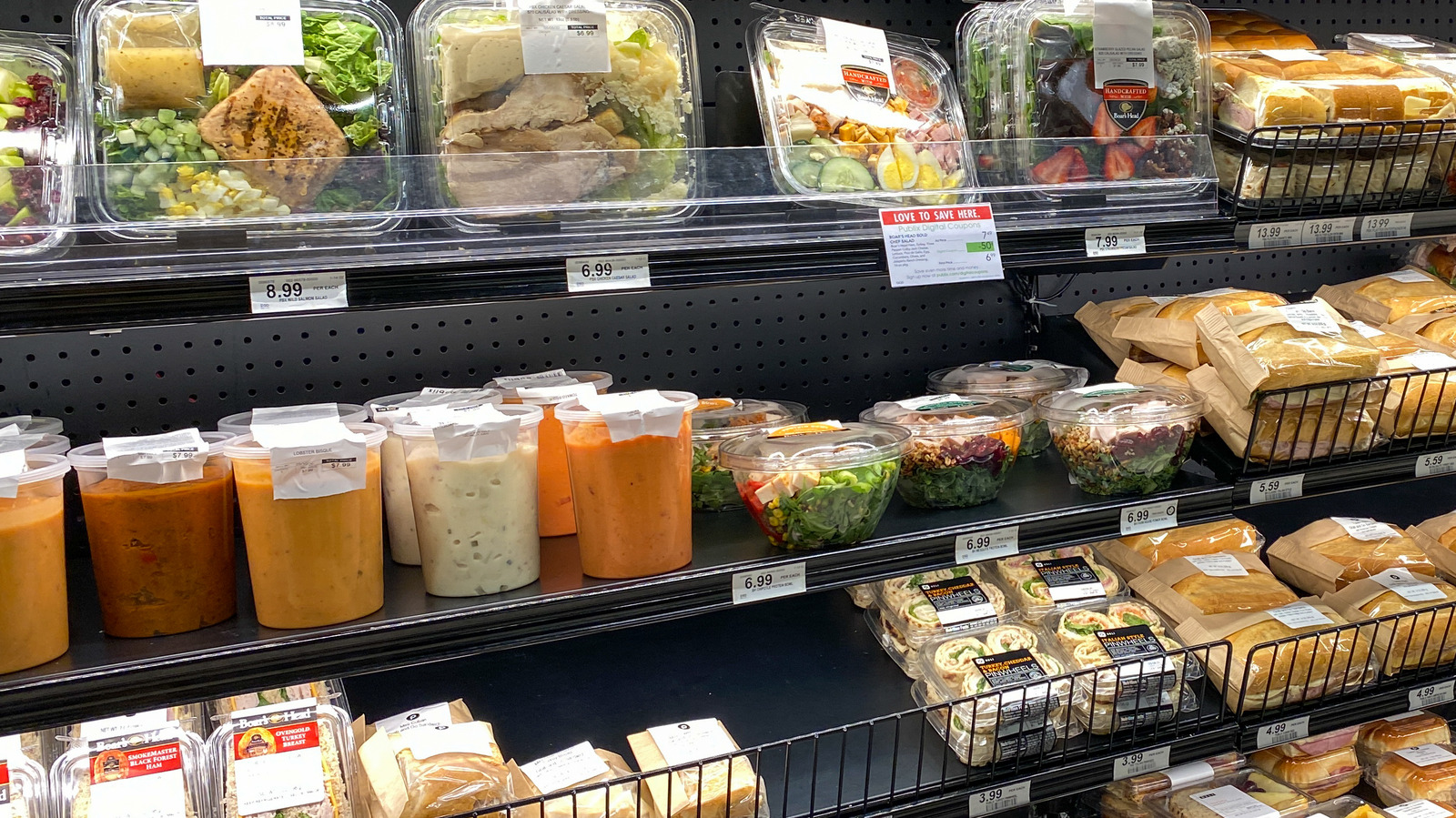The Fast-Moving Consumer Goods (FMCG) industry is a dynamic and highly competitive sector that encompasses a wide range of products, including food and beverages, personal care items, household goods, and more. As consumer preferences and market trends continue to evolve, FMCG companies face numerous challenges in staying ahead of the curve. In this blog post, we will explore the current challenges in the FMCG industry and discuss strategies to overcome them.
- Shifting Consumer Demands:
One of the primary challenges in the FMCG industry is the ever-changing consumer demands. Today's consumers are more health-conscious, environmentally aware, and digitally connected than ever before. FMCG companies must adapt to these shifting demands by offering healthier and sustainable products, leveraging digital technologies for marketing and distribution, and personalizing their offerings to cater to individual preferences. - Intense Competition:
Competition within the FMCG industry is fierce, with numerous brands vying for market share. To stand out in this crowded marketplace, companies need to differentiate themselves through innovative product development, effective branding, and targeted marketing strategies. Additionally, building strong relationships with retailers and optimizing supply chain management are crucial for gaining a competitive edge. - Supply Chain Complexity:
The FMCG industry operates on a global scale, with complex supply chains involving multiple stakeholders, including suppliers, manufacturers, distributors, and retailers. Managing this complexity is a significant challenge, as companies need to ensure timely delivery, maintain product quality, and minimize costs. Embracing technologies like blockchain and data analytics can help streamline supply chain operations, enhance transparency, and improve efficiency. - Rising Raw Material Costs:
Fluctuating raw material costs pose a significant challenge for FMCG companies. Factors such as geopolitical events, climate change, and market volatility can lead to price fluctuations, impacting profit margins. To mitigate this challenge, companies must focus on strategic sourcing, supplier diversification, and implementing cost-saving measures throughout the production process. - Regulatory Compliance:
The FMCG industry is subject to stringent regulations and standards, particularly concerning product safety, labeling, and advertising. Staying compliant with these regulations is essential to avoid legal issues and maintain consumer trust. FMCG companies must invest in robust quality control systems, stay updated on regulatory changes, and ensure transparent communication with consumers regarding product ingredients and potential risks.
Conclusion:
The FMCG industry faces a multitude of challenges in today's rapidly changing business landscape. By understanding and addressing these challenges head-on, companies can position themselves for success. Adapting to shifting consumer demands, embracing innovation, optimizing supply chain operations, and staying compliant with regulations are key strategies for navigating the complexities of the FMCG industry. With a proactive approach and a focus on continuous improvement, FMCG companies can thrive in this competitive market.


